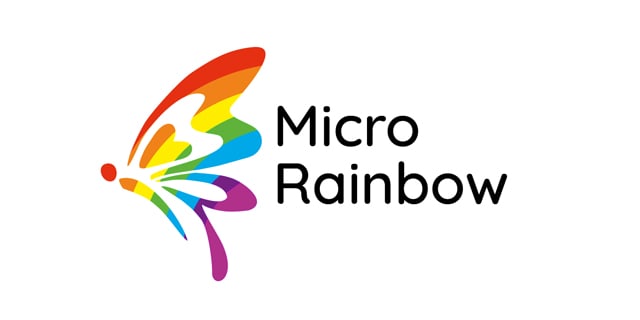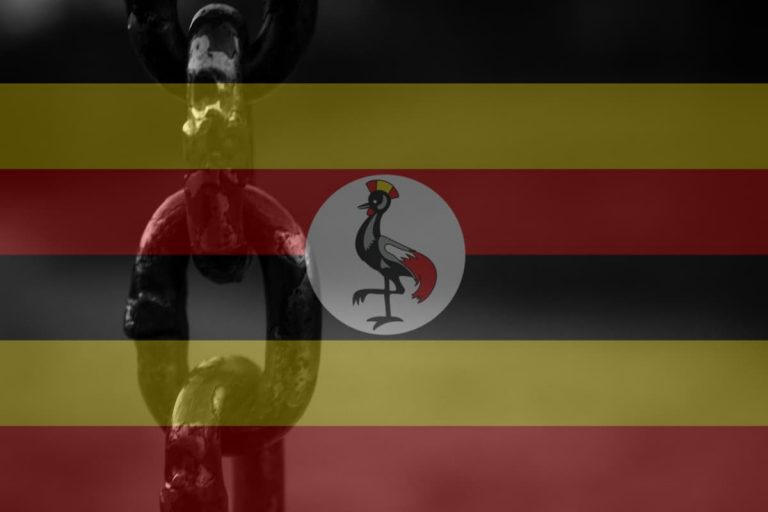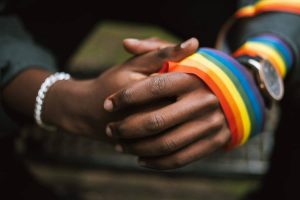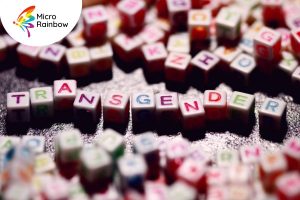Ugandan MPs have voted to further persecute LGBTQI people in the country by increasing the scope of the draconian Anti-Homosexuality Act, proposed in 2014. The new iteration of the law, the Anti-Homosexuality Bill, will create new offences that will prohibit and criminalise activism on LGBTQI issues. It will also criminalise the mere existence of LGBTQI people in Uganda and exclude them from any form of social engagement in Uganda.
Same-sex sexual activity is prohibited in Uganda under a law that was inherited from the British colonial period, the Penal Code 1950. This law was retained when Uganda gained independence in 1962 and subjects LGBTQI people to a punishment of life imprisonment for same-sex conduct.
Anti-gay laws in Uganda
In 2014, the Anti-Homosexuality Act was signed into law. This law expanded the criminalisation of same-sex sexual activity. However, it was later struck down by the Ugandan Constitutional Court.
On 21 March 2023, the new Anti-Homosexuality Bill – which further criminalises LGBTQI people in the country – was passed by the Ugandan parliament. This new law will increase the punishment for an “attempt” at same-sex conduct to 10 years imprisonment. A shocking addition to this anti-gay law is that it will criminalise people for simply supporting and accepting their LGBTQI friends and family.
Even before this recent review, the situation for LGBTQI people in Uganda was dire. Local LGBTQI organisations have attempted to operate and offer support to people, but most LGBTQI people in the country keep their sexuality as secret as possible. The new Bill also outlaws the “promotion of homosexuality”, which effectively outlaws the operation of LGBTQI organisations.
LGBTQI Ugandans seeking asylum in the UK
Micro Rainbow supports several LGBTQI asylum seekers from Uganda. All have been forced to leave the country because of the anti-LGBTQI discrimination and violence they face. None feel they would ever be able to return home because of the rapidly worsening situation for LGBTQI people.
Henry is a gay man who came to the UK in 2022. He was forced to flee Uganda after his family discovered that he was gay and had a partner. Like most LGBTQI Ugandans, he kept his sexuality completely secret. After his family discovered that he was gay, he was isolated and “had to go somewhere far from home, and then contact with an agent to find a route to safety”. He feels “sad and terrified” about the law change and knows that his sexuality means he will never be able to return home.
Miremba is a lesbian from Uganda. She travelled to the UK and sought asylum to escape forced marriage and persecution for her sexuality. She fears for other LGBTQI people in Uganda:
“[I am] afraid for their mental welfare, the fear they must live in constantly, feeling unsafe every day. How lonely they must be because they don’t know who to trust. How bad they must feel about themselves because of the narrative around being queer.
“And for those that have found the mental strength to exist under the circumstances, they still can’t really get to experience love openly, they still have to suppress their emotions and never act on their feelings”.
Public support for the Bill in Uganda
Both Henry’s family and Miremba’s family back in Uganda fully support the law, a situation that is depressingly familiar to LGBTQI people in the country. Henry feels that the new Bill would embolden people to commit more acts of discrimination and violence against LGBTQI people. He has no choice but to make the UK his home now, and “feels abandoned” by Uganda.
Miremba wishes that people back in Uganda could be made to understand that being LGBTQI does not impact other people negatively. She said:
“It’s saddening to think that [in Uganda] we are considered worse than murderers. To think that we are viewed in such a bad light that we deserve to spend our entire lives in prison only because we live differently from what most people are used to”.
Henry said this when asked about the future for LGBTQI people in Uganda:
“A few (refugees) have had the chance to leave the country. It’s a free world now, and people are entitled to have their feelings. But they can’t have that in Uganda. Pray for my brothers and sisters out there.”
How to help
This Bill will imperil LGBTQI Ugandans. Rights organisations in the UK are pulling together to call on UK Ministers to use all diplomatic means to impress on President Museveni that this Bill should be vetoed. As a matter of urgency, the UK should establish humanitarian protection and safe passage routes to the UK in keeping with its commitments to human rights defenders. Restrictions on visa and/or travel bans on the politicians and religious leaders who have supported this legislation should also be considered.
Ugandan groups are calling for an emergency global day of action on Tuesday 25th April against the homophobic bill (AHB23). Join LGBTQI+, asylum and health rights groups for a demonstration outside the Ugandan High Commission, Trafalgar Square, to stand in solidarity with movements worldwide, demanding an end to this cruelty.
Read the demands from LGBTQI groups in Uganda in this document: LGBTQI group demands.
You can help Micro Rainbow support LGBTQI people fleeing discrimination, violence and abuse by becoming an ally.
UPDATE: On Monday 29th May 2023, the Anti-Homosexuality Bill was given Presidential assent and signed into law. It has become the Anti-Homosexuality Act 2023.







